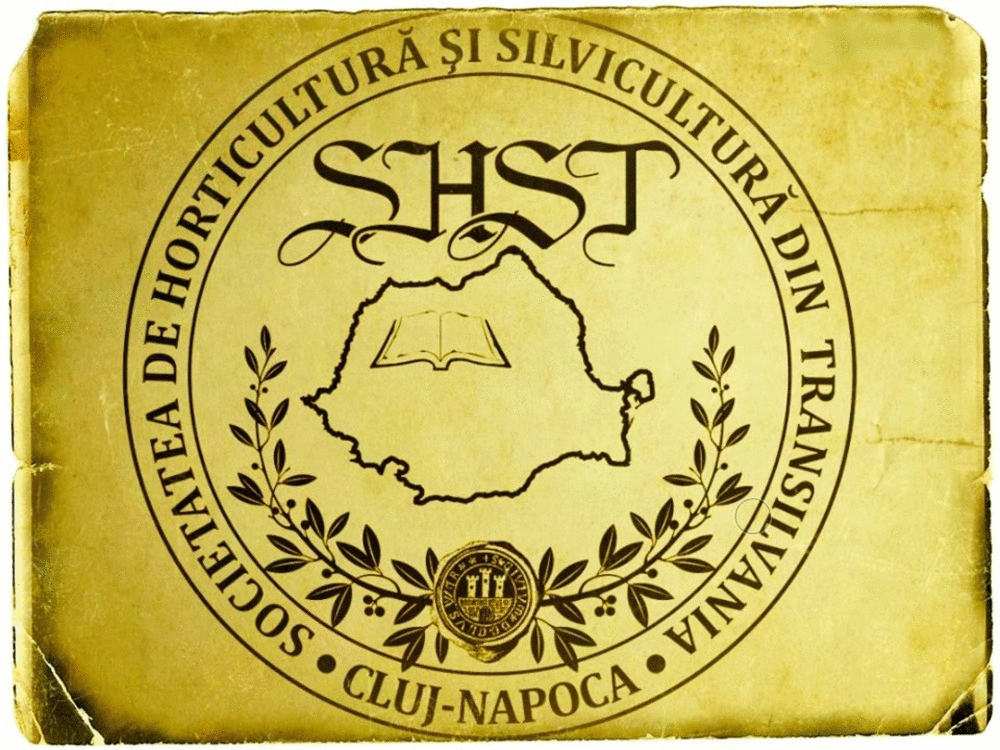Non-timber Forest Products, Their Vulnerability and Conservation in a Designated UNESCO Heritage Site of Arunanchal Pradesh, India
DOI:
https://doi.org/10.15835/nsb749701Keywords:
availability status; availability trend; conservation need; homegardening; priority NTFPs; sustainable intervention; vulnerability indexAbstract
The Apatani, non-nomadic tribe, have evolved an ecologically sustainable system of rural forestry in Ziro Valley, a proposed heritage site of UNESCO. They have been using non-timber forest products (NTFPs) grown in homestead and nearby forests for a very long period. The present study was aimed at identification of priority NTFPs and uses, their availability status and availability trend, conservation need, and sustainability interventions. Qualitative methods of research like, exploratory survey, questionnaire survey, focus group discussion, semi-structured interview of key informants, etc. were employed for data collection. The Apatani used 112 priority NTFPs for food supplement, herbal medicine, house building material and other purposes. However, on the basis of ecological importance such NTFPs were categorized as very low, low, moderate, high, and very high vulnerable species. Twenty vulnerable species like Antiitari ayi (Actinidia callosa), Biiling (Choerospondias axillaris), Henchi (Rubus niveus), Jojuru ayi (Coccinia grandis), Ngiilyang Khiiko (Centella asiatica) etc. should be conserved and seventeen not vulnerable species at this stage like, Padii hamang (Cardamine hirsute), Sankhe (Quercus griffithii), Bije (Phyllostachys manii), Hiigu hamang (Oenanthe javanica), Kiira (Quercus dealbata ), etc. could be commercialized. However, a balance needed to be struck between commercialization and conservation by adopting a comprehensive policy based on scientific and traditional Apatani knowledge for harvesting and regeneration of NTFPs. Homegardening or community farming is recommended for sustainable supply of commercially important species to be domasticated.
Metrics
Downloads
Published
How to Cite
Issue
Section
License
Papers published in Notulae Scientia Biologicae are Open-Access, distributed under the terms and conditions of the Creative Commons Attribution License.
© Articles by the authors; licensee SMTCT, Cluj-Napoca, Romania. The journal allows the author(s) to hold the copyright/to retain publishing rights without restriction.
License:
Open Access Journal - the journal offers free, immediate, and unrestricted access to peer-reviewed research and scholarly work, due SMTCT supports to increase the visibility, accessibility and reputation of the researchers, regardless of geography and their budgets. Users are allowed to read, download, copy, distribute, print, search, or link to the full texts of the articles, or use them for any other lawful purpose, without asking prior permission from the publisher or the author.













.png)















